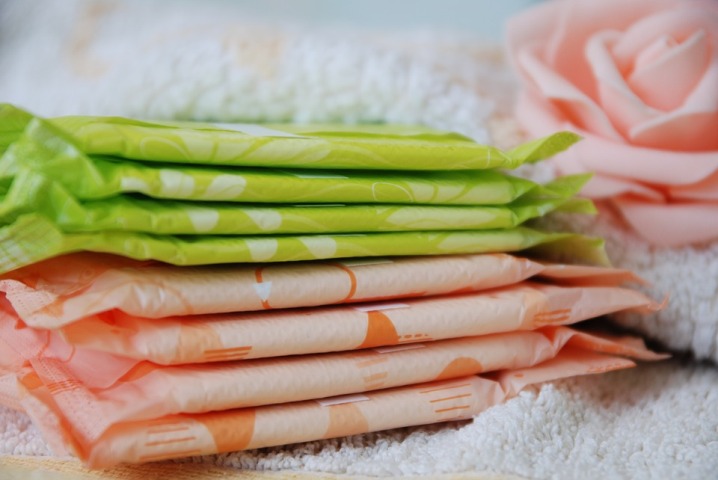Just 0.06 kg non-biodegradable waste generated in lifetime by woman using menstrual cups: Report

- Country:
- India
About 14 kg of non-biodegradable waste is generated in a lifetime by a woman if she uses commercially manufactured disposable sanitary pads while the number stands at 0.06 kg for menstrual cups, according to a new report.
The report 'Why India Needs to Move Beyond Sanitary Pads' by NGO ARTH (Action Research and Training for Health) also stated that total non-biodegradable waste generated from plastic and polymers used in menstrual products can be reduced by 99 per cent by use of menstrual cups.
The conclusion has been drawn based on some standard assumptions regarding women's rate of use of either of the three modern menstrual hygiene products -- the commonly used conventional disposable sanitary pads, conventional tampons and menstrual cups, the report said. It added that calculations are based on the total waste and non-biodegradable component generated by a single user through her lifetime. ''We have assumed 12 menstrual cycles per year and 30 years of menses after excluding periods of amenorrhoea due to pregnancy and other causes, and have accurately weighed sample product options available in the Indian market to arrive at mean weight. We have consulted references to calculate the proportion of each product (excluding packaging), that is non biodegradable,'' the report stated.
The report was launched by eminent scientist Dr. Soumya Swaminathan.
Quoting the report, Swaminathan said it estimates that a woman generates around 14.1 kg of non-biodegradable waste in a lifetime if she uses commercially manufactured disposable sanitary pads. On the other hand, if a woman uses menstrual cups she will generate 0.06 kg of non-biodegradable waste in her lifetime, according to the report ''Menstrual cups are practical, hygienic, and cost-effective. More and more women need to know about them and myths around their use need to be busted,'' Swaminathan said according to a statement issued by ARTH. Executive director of the Population Foundation of India, Poonam Muttreja, said the advantage of menstrual cups is that it offers longer duration of menstrual hygiene apart from being cost-effective. ''However, it is important to undertake communication campaigns with communities that they support the use of menstrual cups. Evidence shows that women who transitioned from locally made cloth pads to cups experienced high levels of satisfaction,'' she said. ''Promoting cups as a method of menstrual hygiene management along with other options like pads and tampons will offer choice to women and let them choose a method that they prefer to use,'' Muttreja said.
The ARTH report stated that pads are the most used method as these have been widely promoted by the corporate sector and distributed free or at subsidised rates by the government.
It noted that pads have 49 per cent polymers and disposal of used pads remains a problem. Only two Indian cities -- Pune and Bengaluru -- have menstrual waste separation during routine garbage collection, the report stated. The recommended methods for treating and disposing used pads include use of incinerators, deep burial, composting and pit-burning. However, not doing this can lead to negative health and environmental impacts, it stated. The report said that tampons, with 10 per cent non-biodegradable content, are not reusable.
(This story has not been edited by Devdiscourse staff and is auto-generated from a syndicated feed.)
ALSO READ
Pune valet attendant death case: No bail for driver; 'he drove vehicle in drunk condition', says court
Undertrial prisoner escapes from ICU at government hospital in Pune
Royal Challengers Bengaluru beat Gujarat Giants by 61 runs in Women's Premier League in Vadodara.
After drubbing, Ajit Pawar meets newly-elected NCP corporators in Pune
Fergus Browning, Harshveer Singh impress at Pune Grand Tour 2026










